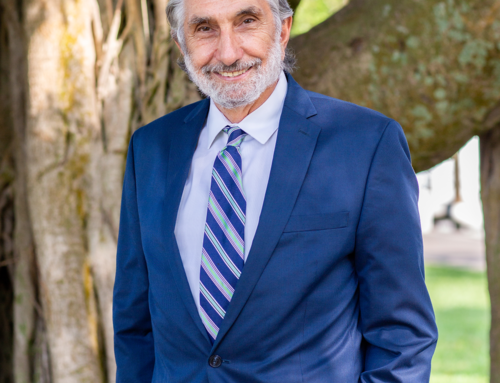If you are a foreign national looking to live and work the United States, there are several avenues which you can pursue – both with temporary and permanent immigration statuses. Whether you are seeking a nonimmigrant visa or green card, it is important to understand the rules.
This blog will discuss the various types of visas and what the requirements are. If you have any questions, or are seeking a job in the united States, you may wish to call an immigration attorney to make sure that everything is in order.

Employment Immigration Categories
The most common employment based visas are:
EB-1: This visa is applicable to foreign nationals who possess extraordinary ability in their field of expertise (such as arts, education, or athletics). Extraordinary ability is typically proven through “sustained national or international acclaim”. The EB1-1 is considered a very desirable Green Card as there are no enforced wait times, and it the applicant is not required to go through the PERM process. (The PERM process establishes that there is no U.S. person who can adequately fill the position.) EB1-1 applications are stringently vetted, and can be the most difficult visas to qualify for.
EB-2: This immigrant visa was created by the Immigration Act of 1990. According to the USCIS, the category includes “members of the professions holding advanced degrees or their equivalent”, and “individuals who because of their exceptional ability in the sciences, arts, or business will substantially benefit prospectively the national economy, cultural or educational interests, or welfare of the United States, and whose services in the sciences, arts, professions, or business are sought by an employer in the United States”. Applicants must have an approved labor certification and an offer of employment. The employer must also file an Immigrant Petition for Alien Worker with the USCIS.
EB-3: For immigrants who don’t qualify for EB-1 or EB-2 status, Eb-3 may apply. The visa covers skilled workers and professionals. The EB-3 requirements are less strict, but the wait for approval may be longer based upon the backlog of applications. EB-3 applicants must have a sponsoring employer.
EB-4: This employment-based green card is designated for special immigrant religious workers. It is generally meant to provide a visa to members of a non-profit religious denomination, but the category can also cover a wide spectrum of applicants. These may include broadcasters, Iraqi and Afghan translators. members of the Armed Forces, physicians, and retired employees of NATO-6 and their families. This category of employment immigration can also cover many other applicants. You should check the USCIS website for a full list of possible EB-4 candidates.
EB-5: The immigrant investor program (EB-5) is being revised. The new changes will take effect on November 21, 2019. According to the USCIS website, these changes include providing priority date retention to certain EB-5 investors; increasing the required minimum investment amounts; and clarifying USCIS procedures for the removal of conditions on permanent residence. (among other provisional changes.)
Because of the long wait times, strict requirements, and ever-evolving laws, obtaining an employment-based visa can get a bit complicated. If you are speaking with an organization regarding employment, clarify with them as to if you are required to submit any forms. If you do not have a sponsor, you should speak immediately to an employment immigration expert who can help you to navigate the process. Probinsky & Cole are Sarasota and Tampa based attorneys with expertise in immigration law. Don’t leave your visa up to chance – call us today.







